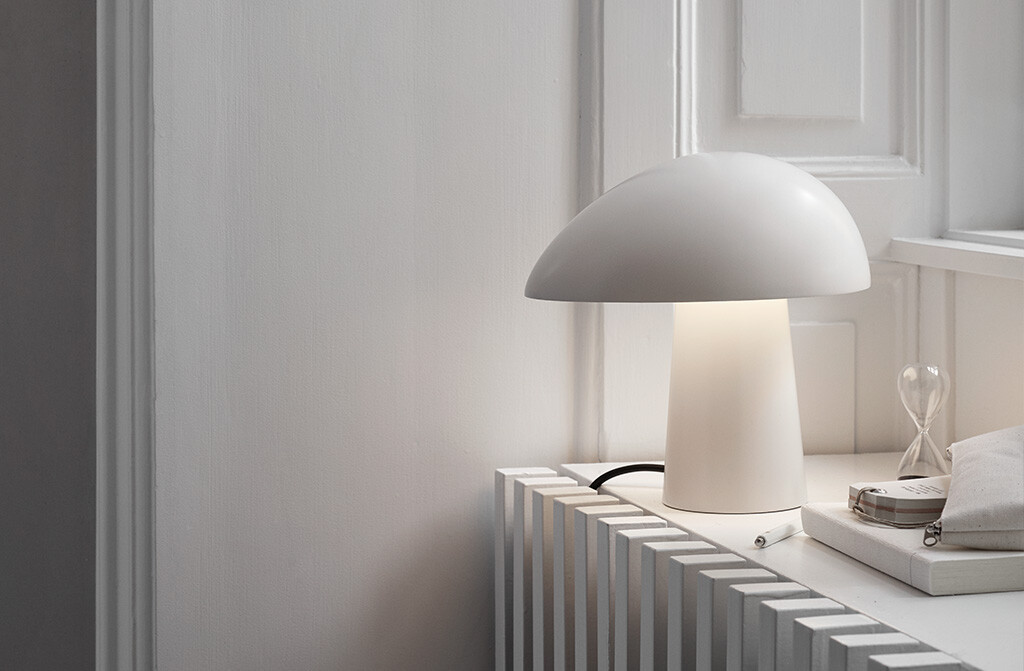Leaving The Lights On | A Study From Utility Design
Not So Bright - Leaving The Lights On Unnecessarily
The lights are on, but nobody’s home. Are you guilty of leaving your lights on when you’re not home or when you leave a particular room? If so, you’re not alone. A study published in 2011 concluded that Britain was the tenth worst offender in the world when it came to carbon dioxide emissions directly caused by power consumption.
While there have been improvements made in recent years we’ve still got a long way to go in cutting down the negative impact we have on our planet. Being mindful of switching off our lights can play a large part in that.
To look deeper into the subject we conducted a study that explored the habits of Brits when it came to wasteful home electricity consumption – specifically relating to home lighting.
With Great Power Comes Great Responsibility

We were shocked to discover that 10% (or a whopping 6.5 million) of us regularly leave our lights on when leaving a room at home. Based on industry averages, this equates to an estimated £14,950,000 of wasted energy per day across the UK.
What makes this particularly shocking is that this creates 37,440,000 kg of carbon dioxide emissions, or the equivalent of 62 flights around the world!
From a personal finance angle, based on an average sized household, if one person was to regularly leave lights on when leaving the room, they could easily fritter away approximately £2.30 per day in this way - adding up to more than £16 per week. This adds up to over £64 a month and exceeds more than £800 over the duration of a year.
Aren’t You Forgetting Something?

Based on our national survey, 21% (or an estimated 14 million) of us regularly leave the lights on when leaving the house, for example when we go to work.
This adds up to an estimated £10,780,000 per day and results in a whopping 26,880,000 kg of carbon dioxide emissions – comparable to 45 flights around the world.
If you leave the lights on when going to work, be aware that it could be costing you almost £200 more each year – which is enough of an incentive to do an extra check before you head out the door.
Spending While We Sleep

Across the UK, 4.7 million people admit that they usually leave at least one light on when going to bed. Over an average eight-hour period of shut eye this equates to £3,619,000 spent per night across the country - so a very costly night light!
Our calculations suggest that the UK’s night lights create a huge 8,985,600 kg of nightly carbon dioxide emissions - that’s the equivalent to around 15 flights around the world.
Flushing Away Money
The bathroom is the main room where people accidentally leave on the lights, costing us approximately £64.51 per month and 161.28 kg in carbon dioxide emissions.
Hidden Holiday Expenses
To deter potential burglars, 43% (approximately 28 million) of us leave a light on when we go on holiday. What we often don’t consider is the implication of this in terms of cost.
The hallway light is most often left on when people go abroad and over a two-week period this could cost the average household £32.26.
Cities That Leave The Lights On

When it comes to our cities the main culprits for leaving the lights on and wasting energy when leaving the house are:
- Newcastle
- Manchester
- Nottingham
- London
- Cardiff
People Who Leave The Lights On
Men are more than twice as likely to leave lights on than women when going to work (31% compared to just 14%). However, women are more likely to leave the lights on overnight (22%).
Is it a generational problem? It appears as though millennials are the worst offenders when it comes to leaving the lights on. In fact, 32% of those in the 18-24 group admit to leaving the lights on when not at home, compared to only 12% of those in the 55+ range. This could prove to be extremely costly as students in a four-bed house who forget to switch off the lights could waste £258.04 in total each month.
Staying Switched On
Other ways to save money and the planet are to invest in LED lighting solutions - or live in a cave!
If a cave isn’t the route for you, LED lights can help to combat some of the issues outlined in the research. The main benefits include that they are up to 80% more efficient than traditional lighting, and 95% of the energy in LEDs is converted into light and only 5% is wasted as heat. Less energy use reduces the demand from power plants and decreases greenhouse gas emissions.
As well as being more efficient and wasting less heat, they typically have a much longer lifespan than filament or CFL alternatives:

This study just goes to show that it’s worth remaining vigilant around the house by switching off unused lights in order to save money and protect the environment.
Time for more? 10 of the Best Table/ Desk Lamps | A Look Inside the Aalto Residence | Arne Jacobsen's Most Iconic Designs
